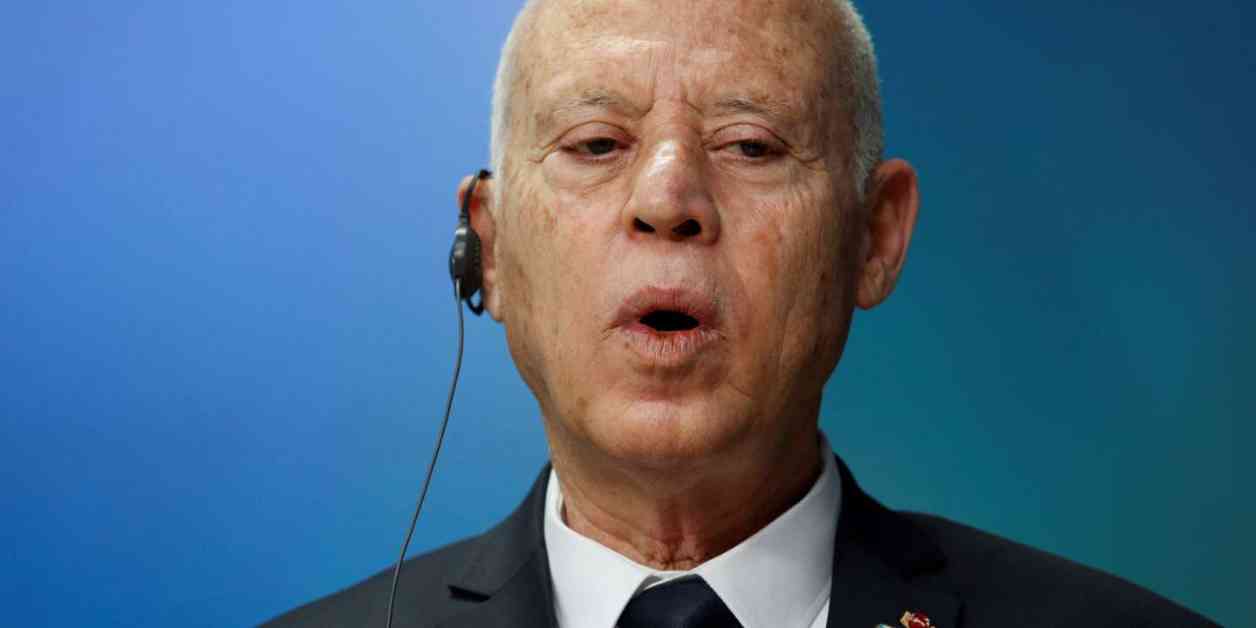Two months before the presidential election in Tunisia, President Kaïs Saïed dismissed Ahmed Hachani without explanation and replaced him with Kamel Madouri, who was previously the Minister of Social Affairs. Hachani was removed from his position as the Prime Minister of Tunisia in a brief statement posted on social media by President Saïed. Following his dismissal, Kamel Madouri was appointed to take his place without any explanation provided by the presidential services, similar to the circumstances surrounding Najla Bouden’s removal from the same position.
After a year in office, Hachani highlighted the accomplishments of his government in two videos posted on social media. He emphasized the increase in the minimum wage, measures taken for water resource management, as well as proposed amendments to the exchange code and commercial code. Despite representing Tunisia internationally on various occasions, including trips to Davos, Paris, Seoul, Italy, and Tripoli, his results were deemed insufficient in addressing the socio-economic crisis facing Tunisia.
The political landscape in Tunisia has shifted towards a more authoritarian direction since President Saïed suspended the Parliament in July 2021. This shift has seen a consolidation of power in the hands of the President, leading to the adoption of a hyper-presidentialist Constitution that dismantled democratic institutions established after the revolution. The upcoming presidential election on October 6th will test President Saïed’s popularity as he seeks re-election.
Kamel Madouri, the newly appointed Prime Minister, comes from a technocratic background with experience in law and expertise in Tunisian-European relations. His recent entry into politics through a partial government reshuffle by President Saïed raises questions about his ability to address the challenges facing Tunisia. The country continues to grapple with high unemployment rates, rampant inflation, and environmental crises during the summer months.
As the election campaign unfolds, potential candidates like Nizar Chaari and Kamel Akrout have faced obstacles in meeting the electoral requirements, leading some to withdraw their candidacy. Opposition figures, including Abir Moussi, have encountered legal challenges, with Moussi receiving a two-year prison sentence for spreading false information. Despite these controversies, President Saïed has denied allegations of repression, emphasizing equal application of the law.
In the lead-up to the election, Tunisia remains a country in transition, with political uncertainties and economic challenges shaping the road ahead. The appointment of a new Prime Minister signals a potential shift in governance style, as Tunisia navigates through a critical period of its democratic journey. The outcome of the upcoming election will determine the trajectory of the country and its place in the evolving political landscape of the region.

